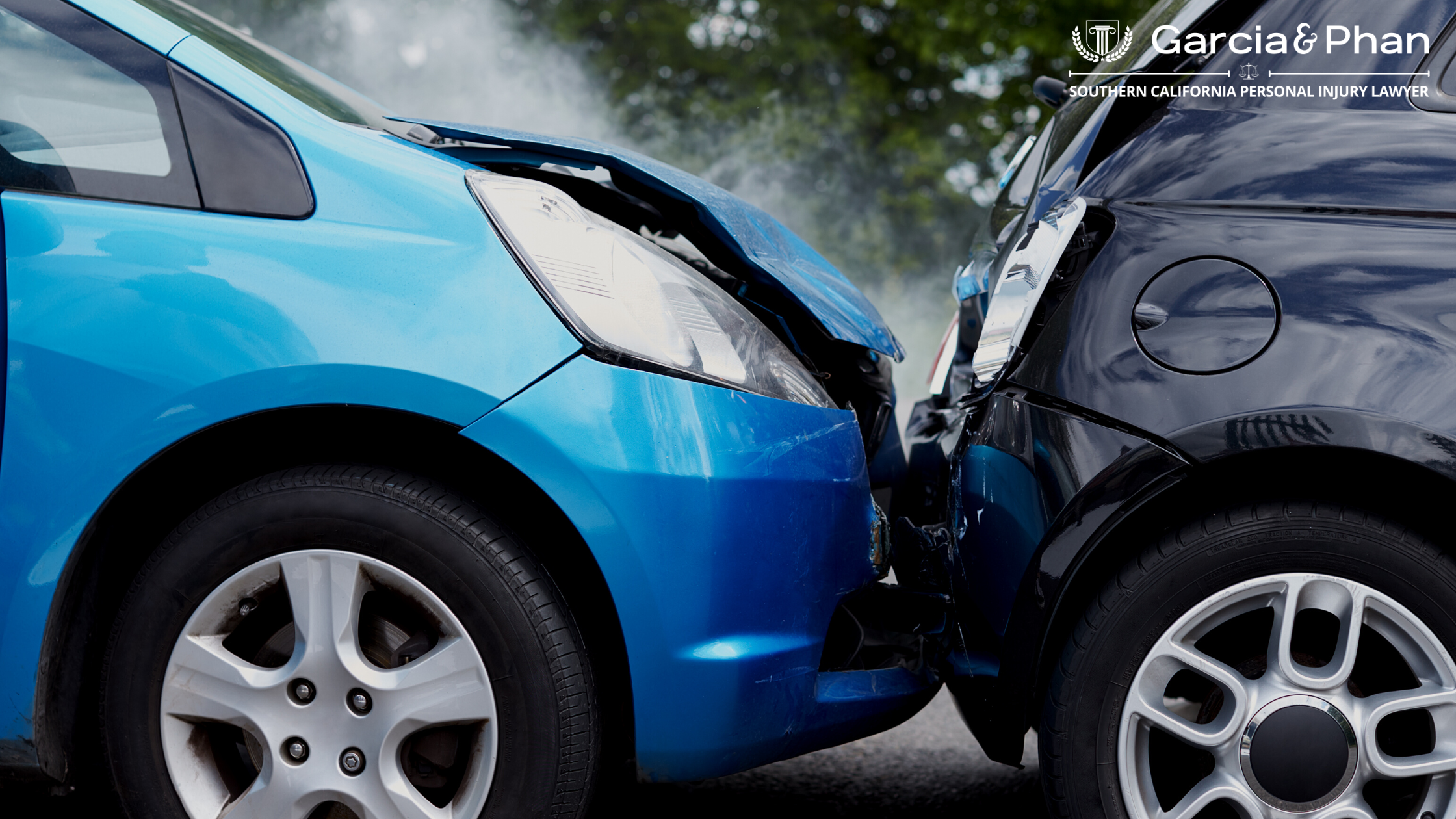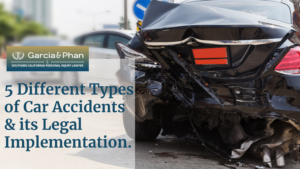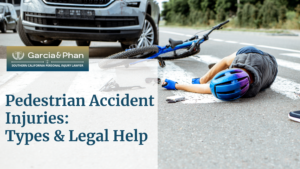If you’ve been in a car accident, you may wonder how much it will cost. The answer to this question depends on several factors, including the accident’s severity, the type of damage caused, and the state in which the accident occurred.
Generally, three main types of damages can be recovered after a car accident: medical expenses, property damage, and lost wages.
Each of these damages can be further broken down into subcategories, and the costs will vary depending on the specific circumstances of the accident.
Keep reading to learn more about the three main recoverable economic damages after a car accident!
The Basics: What Does a Car Accident Cost?
Car accidents can be expensive, even if they seem minor at first. The cost of a car accident can include things like property damage, medical bills, lost wages, and more. If you’ve been in a car accident, you may wonder how much it will cost. This article will give you a rundown of the costs you may incur after a car accident.
Of course, the cost of a car accident will vary depending on the severity of the accident. A minor fender-bender will likely cost less than a significant collision. But no matter how minor or major your accident is, it’s essential to be prepared for the financial costs.
So, what does a car accident cost? Read on to find out.
Type #1: Property Damage
One of the most common costs associated with car accidents is property damage. This can include things like damage to your car, damage to other property (like a fence or building), or even damage to public property (like a traffic light or sign). The cost of property damage can vary widely, depending on the severity of the injury. For example, minor damage to your car (such as a small dent or scratch) may only cost a few hundred dollars to repair. But if your car is totaled in an accident, the cost of property damage can be much higher.
Type #2: Medical Expenses
Another standard cost associated with car accidents is medical expenses. Even if you don’t think you’re hurt, you must see a doctor after an accident. Some injuries, such as whiplash, may not be immediately apparent. And if you wait too long to see a doctor, it may be more challenging to prove that your injuries were caused by accident. Medical expenses include ambulance rides, hospital stays, doctor’s visits, physical therapy, and more. The cost of medical expenses can vary widely, depending on the severity of your injuries.
Type #3: Lost Wages
Lost wages are another standard cost associated with car accidents. If you’re injured in an accident, you may miss time from work while you recover. This can result in a loss of wages. In some cases, you may even be unable to return to work. The cost of lost wages can vary depending on how much you make and how long you’re out of work. No one wants to think about the price of a car accident. But if you’re involved in an accident, you must be prepared for the financial costs. Keep these costs in mind as you navigate the aftermath of an accident.
Who Pays for These Damages?
After a car accident, you may be wondering who will pay for the damages. If the accident was your fault, you might be responsible for paying for the other driver’s injuries. If the accident was the other driver’s fault, they might be responsible for paying for your damages. In some cases, both drivers may be responsible for paying for damages. It all depends on the specific circumstances of the accident. If you’re unsure who will pay for the damages, your best bet is to speak with an experienced car accident lawyer. A lawyer can help you understand your legal rights and options. They can also help you file a claim against the responsible party.
To Conclude
In conclusion, a car accident can cost a victim significant money. There are three main types of recoverable economic damages: medical expenses, lost wages, and property damage. If you have been in a car accident, you must contact an experienced lawyer to discuss your case. At Garcia and Phan (714-586-8298), we offer free initial consultations, and we would be happy to discuss your case with you.






